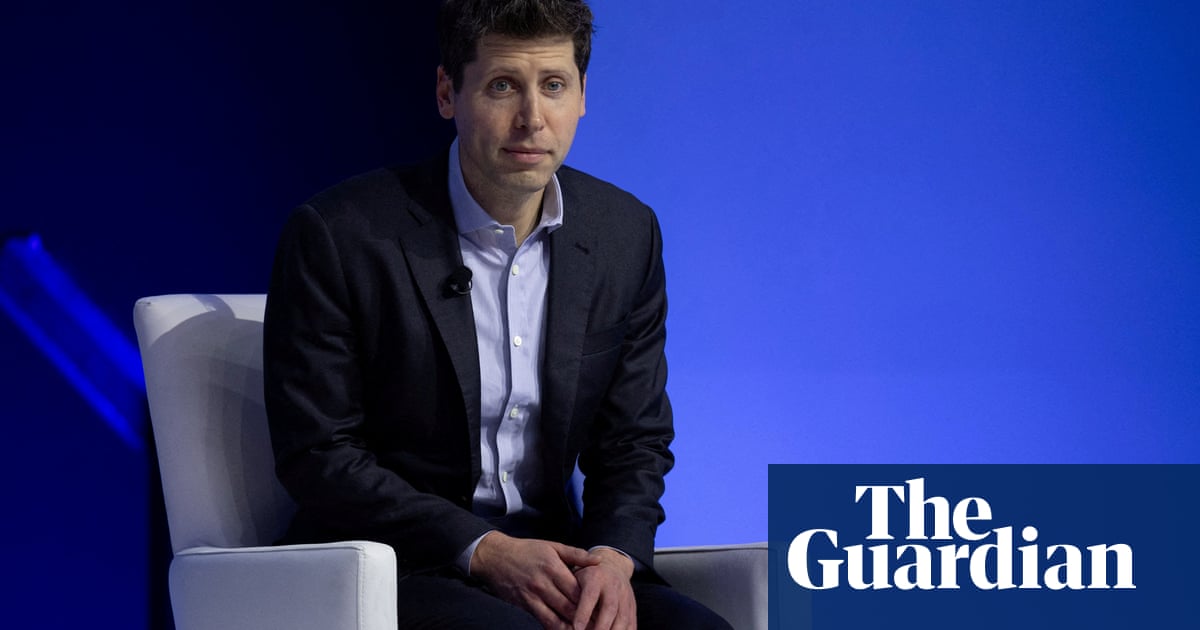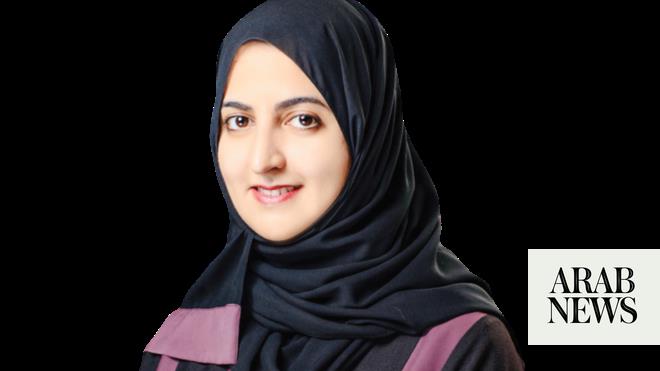
The CEO has made it big in telecoms, in a career shaped early on by Lebanon’s bloody civil war
For some, student survival means merely coasting along at university in the hope of bagging a 2.1, as well as invites to as many parties as possible.
For telecoms executive Sam Darwish, however, survival took on a more literal sense, having embarked on his studies in the dying days of the Lebanese civil war.
Teenage life was tough for Darwish, who is now 47 and a US citizen. Growing up in Beirut in the 1980s meant a constant backdrop of violence — “there were many wounded,” he said — plus the daily struggles of putting food on the table and regular electricity blackouts.
But it was this experience that taught Darwish a certain “pragmatism” that he continues to put to use today as chief executive of telecoms company IHS Towers, which has to date raised more than $5.5 billion in funding.
Sitting in the IHS office in London’s plush Mayfair district, Darwish recounted how, when he was a student, his father would give him a small sum of money each day. He could either use it to take public transport to the American University of Beirut campus — or buy lunch, and risk the walk through the war-torn streets.
“Decisions like that make you pragmatic. It makes you solution-orientated. It makes you appreciate what the basics in life are,” said Darwish.
“You need just to survive. You need to find a solution. Electricity would disappear for a few days, then people started charging their batteries in their cars, and at the end of the day remove the battery to put on a light or small TV,” he added.
“It taught me to not take anything for granted. You needed to think and rethink every little thing that exists.This practical attention to detail — along with an awareness of the importance of finance, power and security — are very much required in Darwish’s role today.
IHS Towers’ business model is relatively straightforward: The company buys mobile towers from telecoms companies, or builds them itself, then leases them back to the operators.
Darwish co-founded the company in Nigeria in 2001, and it now has operations in Cameroon, Cote d’Ivoire, Rwanda and Zambia.
Renting out mobile communications towers is hardly the most glamorous of businesses — it is “simple and low profile, we don’t make it flashy,” he said — but the economics stack up.
Selling mobile towers allows telecoms companies to free up cash, while companies such as IHS can rent space on the masts to multiple carriers, which is more efficient. It is a model that Darwish believes the entire industry will one day embrace.
“When (a single operator) owns a tower, often it’s not optimized in terms of the revenue that that tower can get,” he said.
“They end up with hundreds of millions, sometimes billions of dollars on their balance sheet (with) towers (that are) inefficient, and simply depreciating. Sharing means more efficiency, and more margin for everyone.”
There is also a certain advantage to dealing with purely “basic” infrastructure, given the global furor about the security of telecoms networks.
IHS deals with the actual steel masts, rather than the more sensitive communications kit or software they house.
For that reason, it does not face as much scrutiny as a company such as Huawei, the Chinese equipment firm that the US believes poses a security risk.
“There’s a big difference between us and what Huawei does. We’re providers of passive infrastructure,” said Darwish.
“Our towers are simple towers … It’s a location, it’s a tower, it’s power, it’s security — that’s what we provide,” he added.
“But at the end of the day, we’re also part of critical infrastructure for countries … So there’s always the aspect of ‘who are these guys, who are their shareholders, what’s their track record, what’s their governance like?’”
That is partly why Darwish runs IHS as if it was a “a public company by Western standards.” The company’s governance is “very strict,” and its high-profile shareholders include Goldman Sachs (through a special fund), the Singapore sovereign wealth fund GIC, the Korea Investment Corp. and IFC, the private equity arm of the World Bank.”Such backing — Darwish said IHS has raised between $5.5 billion and $6 billion of capital since it was formed — and governance standards bode well for a potential initial public offering (IPO) of IHS.
The company last year shelved such a plan, but Darwish said it is thinking about “moving ahead” with plans for a listing in New York or London.
“There are hundreds of thousands of towers out there that could be bought, or built, over the next few years … That’s why a potential listing is important to us at some point in time,” he said.
Such a move would potentially expedite the company’s expansion in areas such as the Arabian Gulf, which is currently its “main focus.”
IHS has already struck regional agreements to buy towers from telecoms operators Zain Kuwait and Zain KSA.
Upon completion of those two deals — which are still subject to regulatory approval — the Mauritius-headquartered IHS will have approximately 33,100 towers in its portfolio. It is currently the world’s second-largest independent, multi-country tower operator.
Darwish said Saudi Arabia is “where we’d like to grow,” with IHS recently having obtained a foreign investment license from the General Investment Authority, with plans for an office staffed by 100-200 people.
He cited the economic reforms underway, which include weaning Saudi Arabia off its reliance on oil and encouraging more women into the workplace.
“The Kingdom is going through a transformation now. This transformation is fascinating, and it’s something that needs to be watched very carefully,” he said.
“They’re using this cash they have now to start planning, and start transforming — theaters, entertainment, industries, manufacturing, all these massive investments they’re doing.”
Whilst inhabiting an industry that lacks a certain glam factor, there is something of the “Davos man” about Darwish.
Dressed casually in a designer jacket in his Mayfair office, he explained some of his interests that run parallel to IHS.
He is the founder of Singularity Investments, a private investment firm with a focus on technology and media companies in the US and emerging markets, along with DAR Properties, a property investment company.
Darwish also has a strong interest in corporate social responsibility, having supported incubator programs for aspiring tech entrepreneurs in Lagos, served as a mentor to local business executives, and worked on several health and education projects in Africa.
His personal passion, however, is the IHS Academy, launched one and a half years ago, which offers online education in the field and has seen some 40,000 course completions.
“The training for me is the single most important thing I can give, and it helps us at the end of the day,” said Darwish.
“I personally believe in the power of education — that’s what transformed my life. My father worked three shifts to basically make sure we stayed in the best private schools … He believed in what education can do in transforming lives.”
Darwish’s own studies in Beirut, however, nearly took a different turn. Though he graduated as an engineer in computer communications with “the highest distinction” — setting him out on a 20-year career in telecoms — it was never the path he envisaged.
“I wanted to be a Nobel Prize physicist. (But the university) dean called me, and he was like, ‘no — we need you in engineering’,” Darwish said. “It was just by accident that I became an engineer, but it paid off.”












